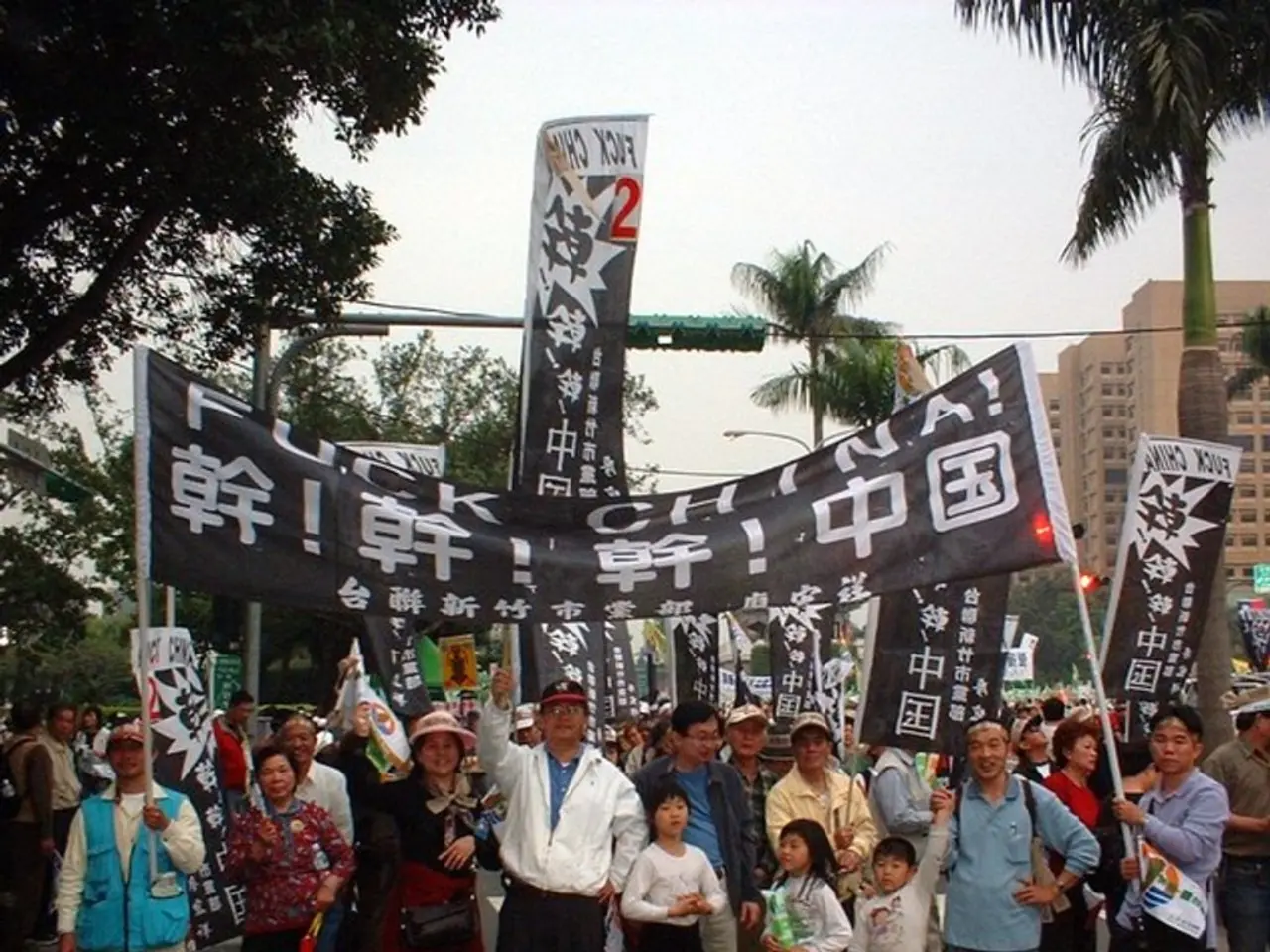Three student groups leave a DU gathering in protest due to Shibir's presence.
The ongoing ban on partisan politics in the residential halls of Dhaka University (DU), enforced on July 17, 2024, continues to spark debates and protests among students and political groups. The university administration, led by the Vice-Chancellor and Proctor, maintains a firm stance against any student politics within the halls, citing the need to preserve an academic environment free from conflict arising from partisan politics.
Following the emergence of political activities and committee formations in some halls, several student organizations, including Jatiyatabadi Chhatra Dal (JCD) and Islami Chhatra Shibir, have called for consultations with the general student body regarding the future of hall politics. While some groups support the ban, others propose reforms like email voting and independent candidates for hall positions, hoping for peaceful DU Central Students’ Union (DUCSU) elections.
In response to the tensions and calls for reform, Dhaka University formed a committee approved by the Vice-Chancellor to recommend a comprehensive framework for student politics on campus. This committee aims to engage all stakeholders and draft guidelines ensuring a democratic culture while preserving an academic environment free from conflict.
A recent survey by the Dhaka University Research Society revealed that 83.8% of students favoured a total ban on campus politics, with 16% supporting reformed and controlled student political activities, reflecting broad student discontent with traditional partisan politics on campus.
The ongoing controversy has led to significant protests and walkouts by student groups. Three student organizations, including the Socialist Students' Front, a faction of the Students' Union, and JSD Chhatra League, recently walked out of a meeting with the Dhaka University administration, expressing disapproval over the invitation of Islami Chhatra Shibir, a student wing of Jamaat-e-Islami, to the meeting.
The Bangladesh Ganotantrik Chhatra Sangsad, led by Abul Quader, has also expressed strong opposition to any political activities or structures in the dormitories or academic areas. On the other hand, the DU Chhatra Dal has announced convenor committees for 18 halls at Dhaka University, sparking further controversy and calls for reform.
The upcoming DUCSU elections are seen as crucial for demonstrating student political revival while respecting the ban on hall politics. However, the details of the framework for regulating student politics in the halls remain unclear, adding to the ongoing debate and uncertainty.
In conclusion, the ban on partisan politics in Dhaka University halls remains officially enforced, with students and political groups divided, leading to protests, walkouts, and demands for policy reforms based on student consensus. The university has established a committee to draft a new framework for student politics aiming for peaceful, democratic engagement with minimized partisan conflict. The upcoming DUCSU elections are seen as a significant milestone in this ongoing saga.
- Amidst the ongoing debates and protests, several student organizations have called for the revamping of campus politics, proposing ideas like email voting and independent candidates, in the hope of fostering a harmonious academic environment.
- In light of the divided opinions, the Dhaka University administration has set up a committee to recommend a new framework for student politics, aiming to strike a balance between preserving an academic environment and allowing for peaceful, democratic student engagement.




